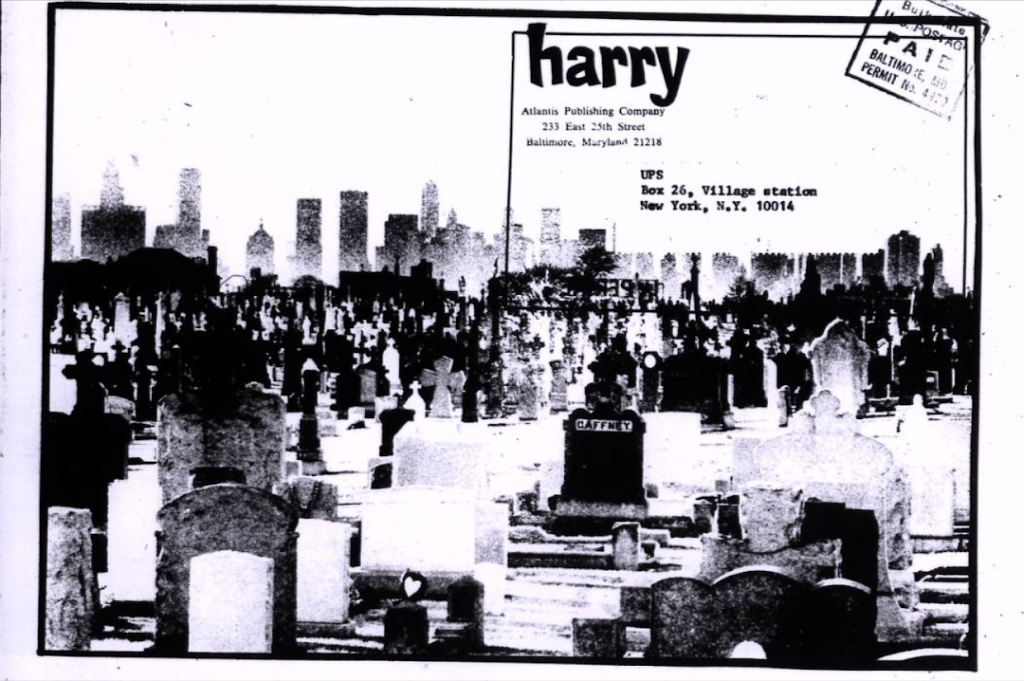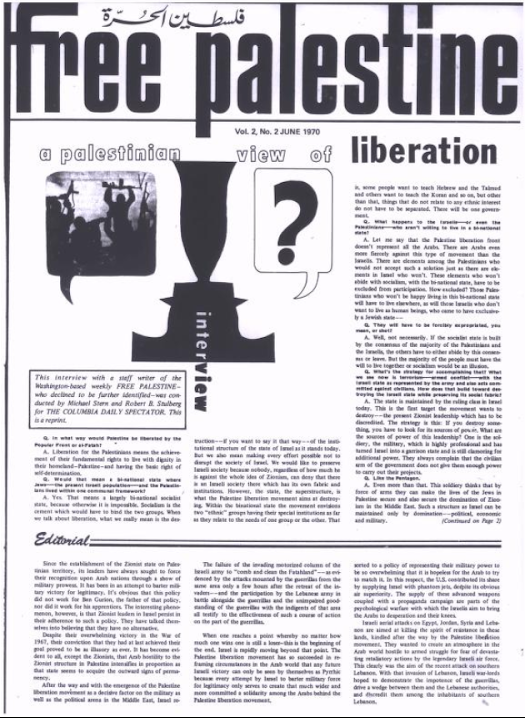By Josie Breck, Periodicals Department
Marshall McLuhan said “the medium is the message” – meaning every new medium changes the way we interact with the world, including the message within that medium. While obvious in the present day, where the internet has dramatically shaped our daily lives, we need not stray far from Mcluhan’s own time for another poignant example: underground newspapers. While not strictly a “new” medium, the US underground press boom of the Sixties rose out of a newly available process – offset printing made it possible to start a publication with a smaller investment of time and money than with the previously dominant process of letterpress, resulting in a massive boom in independent publications.

From there, we can see similarities between the underground boom of the Sixties and the online boom of the past few decades. Both were made possible by newly available technology, opened up dialogues which were not possible under the oversight of the previous mass media monopoly gatekeepers, and radically changed society.
To make more of these underground papers accessible, I have digitized a few papers which I could not easily find online. You can find them on my Internet Archive account. Note that the presence of a digitized publication on my account does not amount to an endorsement. The underground press scene was run predominantly by cis heterosexual white men. As such, there is much transphobia, homophobia, racism, misogyny, and other chauvinistic expressions within the papers.
Embracing Subjectivity
A feature of most radical press movements is the throwing out of journalistic “objectivity” – the idea that a journalist should state facts plainly without pushing any particular agenda. While this idea of objectivity is the bread and butter of most mainstream news media, the radical press has no use for this concept – the agenda of radical publishers is rarely concealed, because the purpose of publishing is agitation into action.

For example, Free Palestine, a paper closely tied to the Palestinian resistance of the time, edited by Arab-American lawyer and activist Abdeen Jabara, is a paper with a clear agenda, with a call to action on the front of every issue. They engaged in dialogue with others who did not entirely agree with their perspective, but there is no question of what the editors were really trying to say.
(It is worth noting that Jabara and his clients were targets of the National Security Agency (NSA) in the late 60s. Decades old at that point, the NSA was still not known to the general public, operating mostly in secret.)
In the present, this issue continues to challenge the so-called “objectivity” of mainstream media. Often it is framed as being “too complicated” for the subjectively-minded masses to fully understand. This appeal to “objectivity” ironically conceals what the occupation objectively is: a textbook case of settler colonial occupation and genocide, to which according to international law the Palestinian people have a legal right to resist. A powerful resistance to this facade of “objectivity” has swept social media platforms on an unprecedented scale for going on half a year, thanks in part to mobilization by Palestinian and anti-zionist activists over social media.